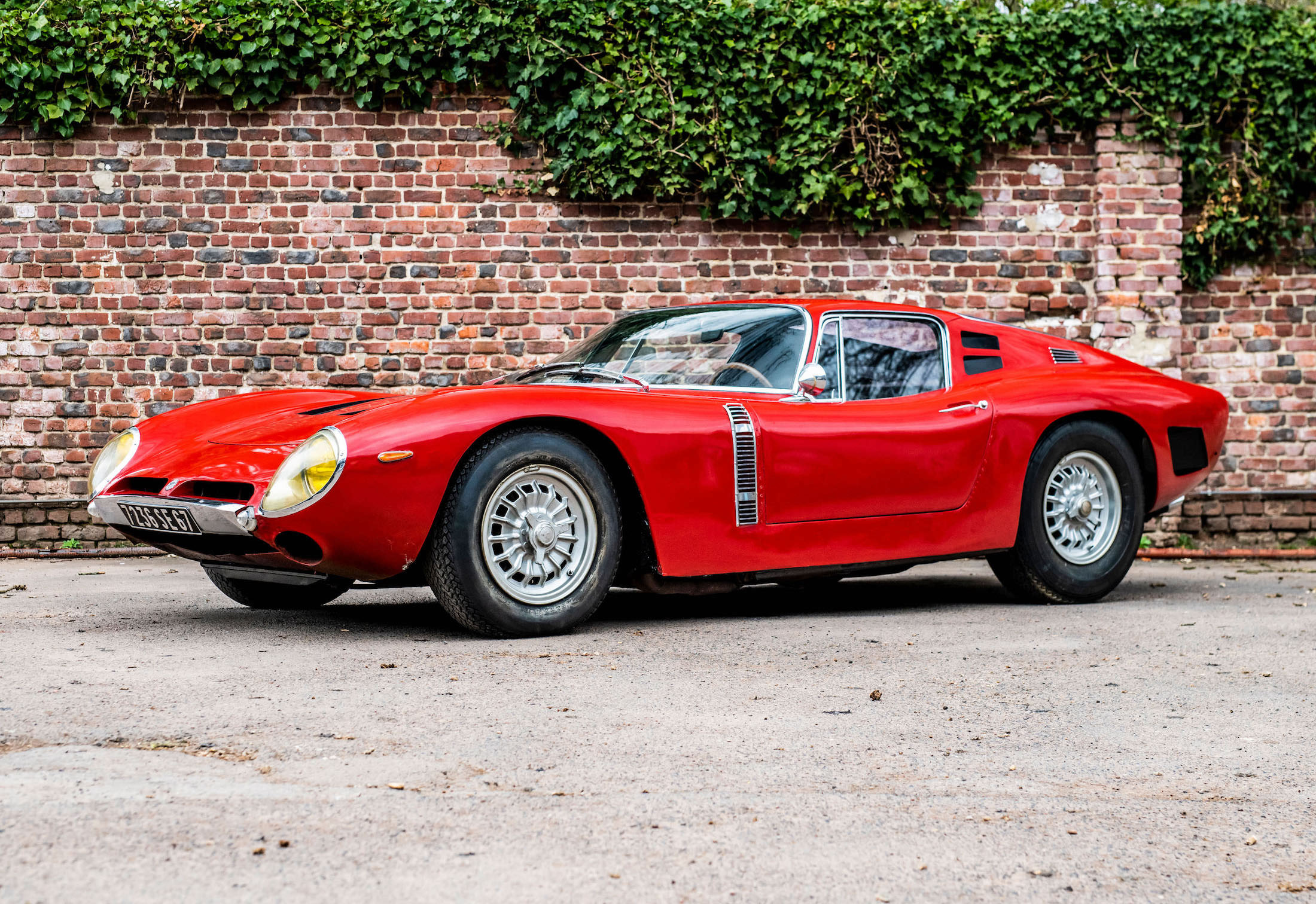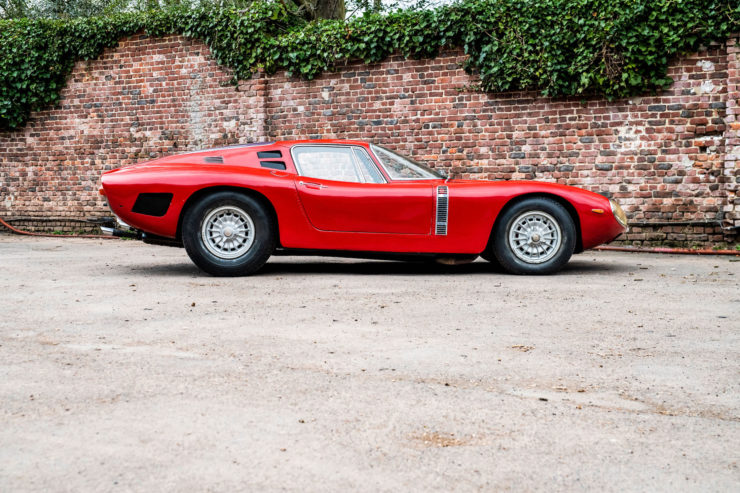The Iso Grifo A3/C was developed by Giotto Bizzarrini as the high-performance, racing version of the road-going Iso Grifo A3/L. Bizzarrini had earlier developed the legendary Ferrari 250 GTO, he said that the Iso Grifo A3/C was intended as a direct successor to the Ferrari.
With all of this in mind, it’s a surprise that the Iso Grifo A3/C isn’t considerably more famous than it is. Relatively few were made, and after Bizzarrini left Iso he created his own company specifically to build more examples of the A3/C.
Fast Facts – The Iso Grifo A3/C
- The Iso Grifo A3/C was developed on the Iso Grifo A3/L for racing, specifically to compete at the 24 Hours of Le Mans and other similar endurance events.
- The car was developed by a veritable dream team, the body was designed by Giorgetto Giugiaro, the engineering was done by Giotto Bizzarrini, the car was built by Piero Drogo, and it was powered by a modified 5.4 liter Chevrolet small block 327 V8 engine.
- Many changes were made to the A3/L to create the A3/C, the car was given an entirely new body, the engine was moved back for better weight distribution, and the final production car weighed in at less than 2,200 lbs (1,000 kgs).
- Thanks to its tried-and-tested Corvette V8 with 350+ bhp and its excellent aerodynamics, the A3/C was capable of reaching speeds in excess of 170 mph. When it competed at Le Mans in ’64 and ’65 it was one of the fastest cars down the Mulsanne Straight.
Giotto Bizzarrini – Father Of The 250 GTO
There can be no denying that Giotto Bizzarrini is one of the most important Italian automotive engineers of his time.
He’s most famous today for leading the development of the Ferrari 250 GTO, now the most valuable production car in history, but he also developed cars for Alfa Romeo, and earlier at Ferrari he had been deeply involved in the development of the Testa Rossa V12 engine, the 250 TR Testa Rossa, and the Ferrari 250GT SWB.
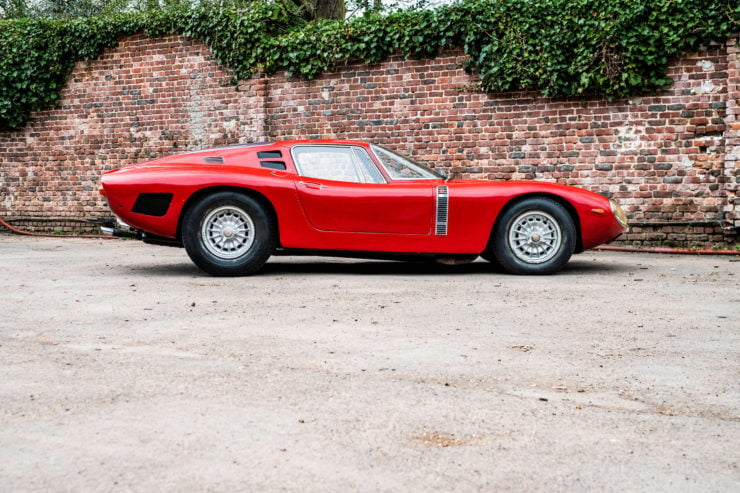
The Iso Grifo A3/C uses all of Bizzarrini’s experience with aerodynamics, to create a low, lightweight car that was capable of over 170 mph down the Mulsanne Straight.
After leaving Ferrari in 1961 after the “Ferrari night of the Long Knives,” Bizzarrini established Automobili Turismo e Sport (ATS) with some other former Ferrari engineers to build the ATS Serenissima and a Formula 1 prototype.
He would later develop the Ferrari Breadvan for Piero Drogo of Carrozzeria Sports Cars, and he was hired by a tractor manufacturer named Ferruccio Lamborghini to develop a new V12 engine for a series of high-end GT cars he had planned.
Bizzarrini would later develop the Iso Rivolta IR 300 and the Iso Grifo for Iso Autoveicoli S.p.A., taking the Iso Grifo A3/C design and starting his own marque after a disagreement with Renzo Rivolta, head of Iso.
The Iso Grifo A3/C
The Iso Grifo A3/C was developed on the Iso Grifo A3/L platform as an out-and-out race car to compete at events like the 24 Hours of Le Mans, Sebring, Daytona, the Nürburgring 1000, and other major endurance events of the era.
The similar model names were separated only by a single letter, the A3/L was the luxurious GT car – the “L” stands for lusso, Italian for “luxury.” The “C” in the A3/C model name stands for “competizione” which, as you may have guessed, is the Italian word for “competition.”
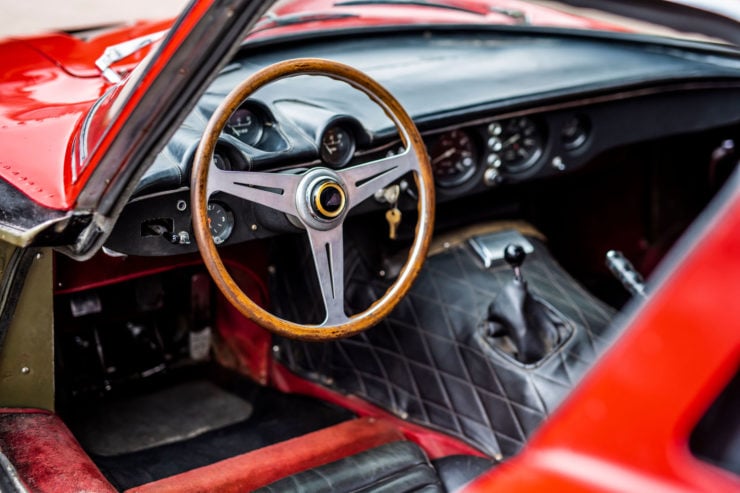
The interior of the car is purposeful, it was designed for racing first and foremost with little weight sacrificed for luxuries.
An entirely new aerodynamic body was developed for the A3/C made from Duralumin – a special alloy of aluminum, copper, and magnesium. This material was essentially impossible to weld, and so the car had many of its panels riveted into place, giving it a distinctive, almost aircraft like appearance.
Suspension and braking systems were revised to better handle the rigors of endurance racing, and the engine was moved back as far as possible to improve weight distribution, resulting in a car that is front-mid-engined.
This also meant that certain engine maintenance tasks had to be carried out from inside the car after removing a panel in the dashboard.
Despite its exceedingly low development budget the Iso Grifo A3/C proved surprisingly successful in competition, at Le Mans in 1965 an A3/C driven by French racing drivers Regis Fraissinet and Jean de Mortemart took the 5.0+ liter class win after a long battle of attrition, coming in 14th overall.
A year later in 1965 the Iso Grifo A3/C would finish third in class and 9th overall. These strong results have led many to wonder what might have been if the team had better funding, giving them a budget closer to that of juggernauts like Ferrari.
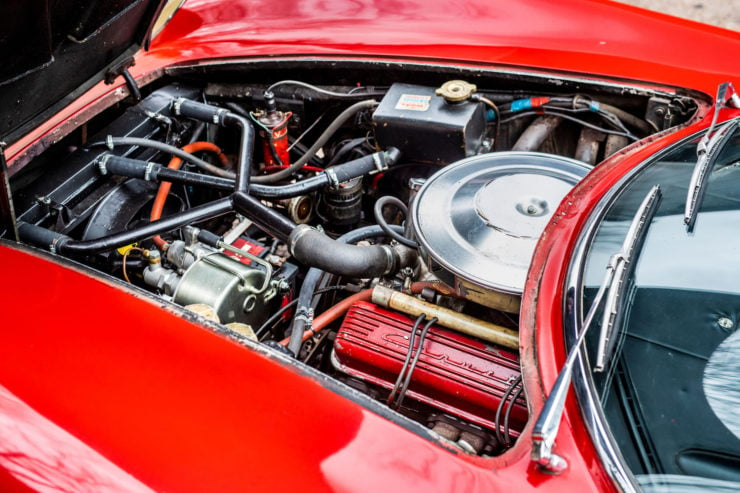
The modified Corvette engine was a favorite of Bizzarrini, he liked the immediate throttle response and its excellent reliability, which made it ideal for endurance racing.
Bizzarrini had such conviction in the design of the A3/C that after a falling out with Iso he started his own marque, Bizzarrini S.p.A., to build the car under his own name and further refine it – creating the Bizzarrini 5300 GT Strada.
The 1965 Iso Grifo A3/C Shown Here
The car you see here is a 1965 Iso Grifo A3/C, it’s believed to be just the 14th car produced, and it features the highly coveted flat rear windscreen – this was only used on the earliest Grifos.
On close inspection you’ll notice the rivets used to hold the Duralumin body in place, this helped to keep the weight of the vehicle to under a ton. When combined with the 350+ hp Corvette V8 and the excellent aerodynamics, the A3/C was one of the fastest road-legal cars in the world at the time.
This Iso is due to roll across the auction block with RM Sotheby’s on the 14th of May in Monaco. It has a price guide of €1,550,000 – €1,750,000 which works out to approximately $1,680,000 – $1,900,000 USD.
If you’d like to read more about this car or register to bid you can click here to visit the listing.

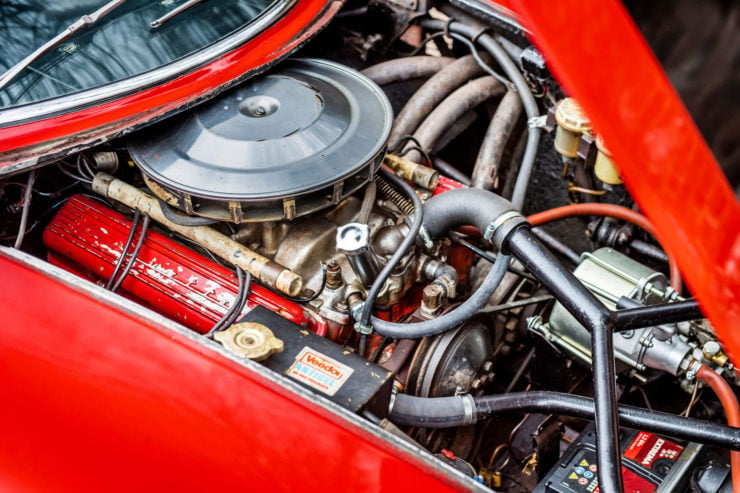
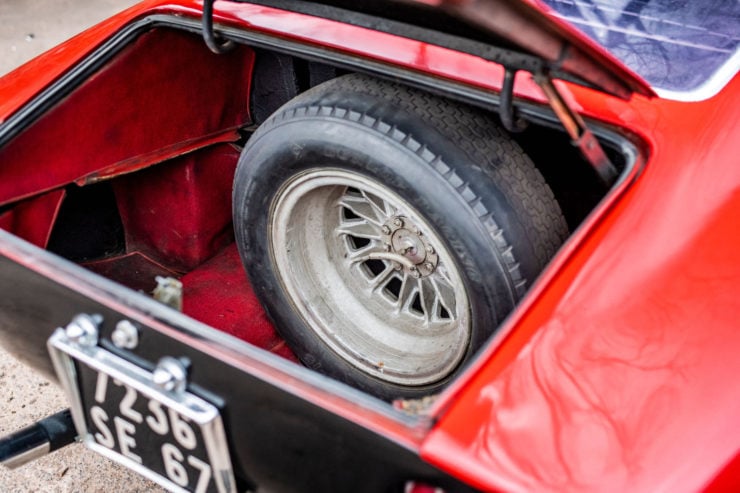
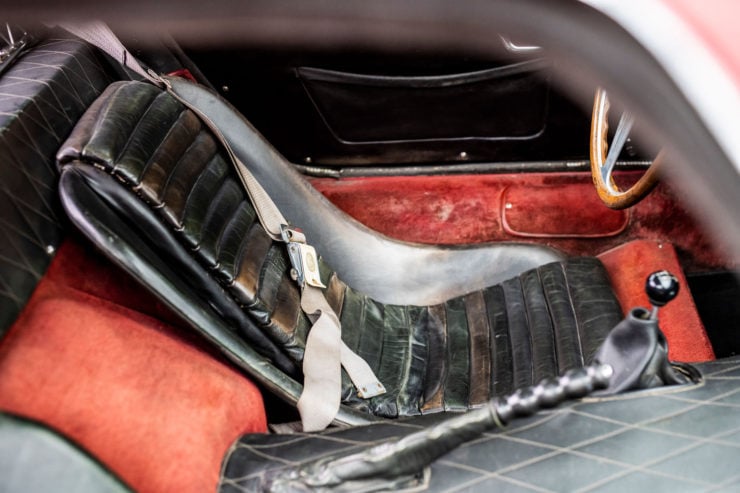
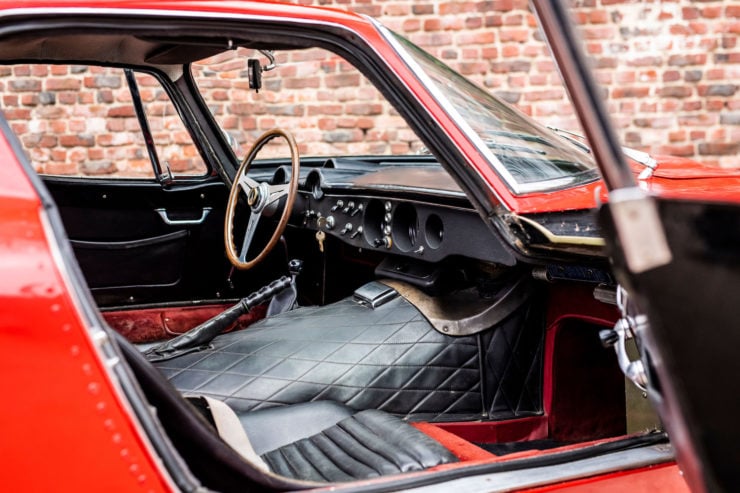
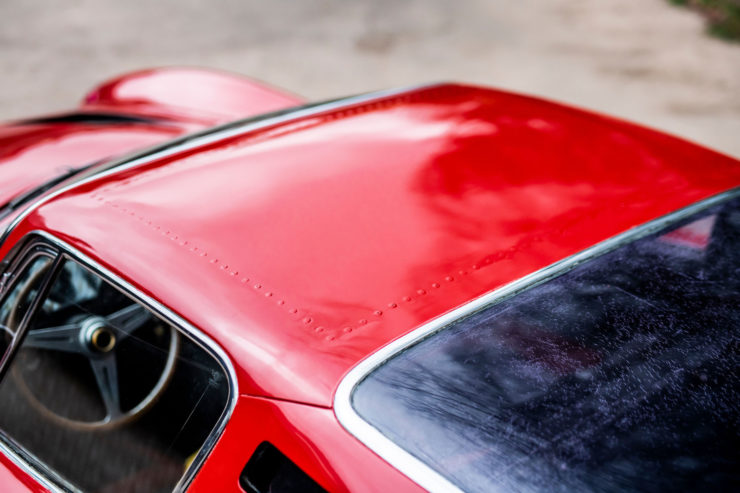


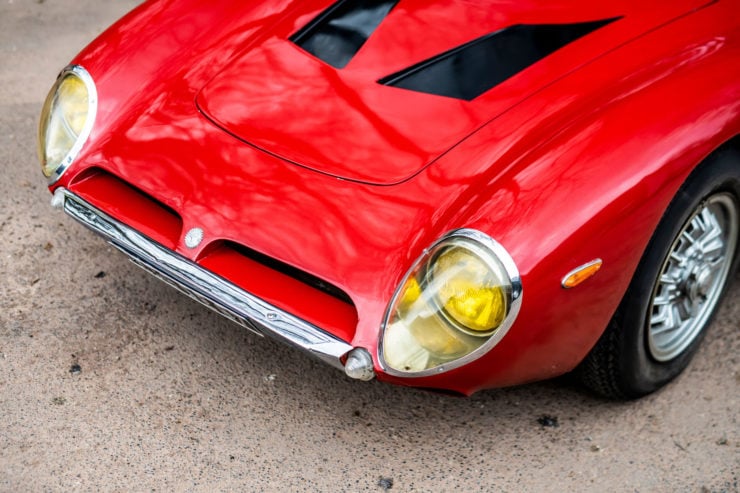
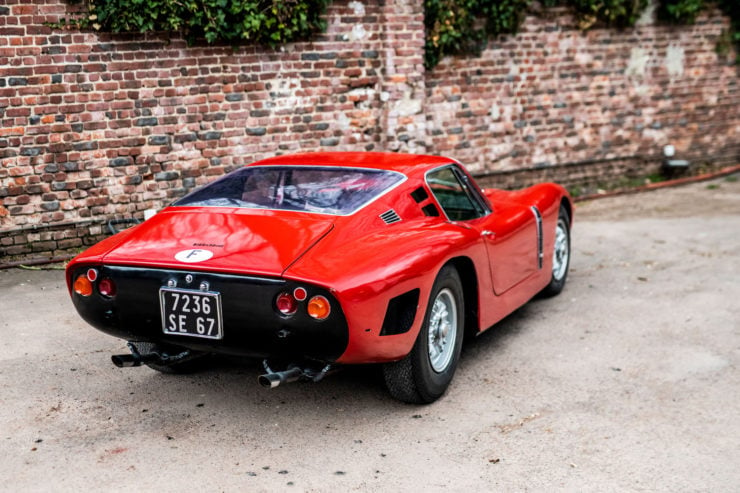

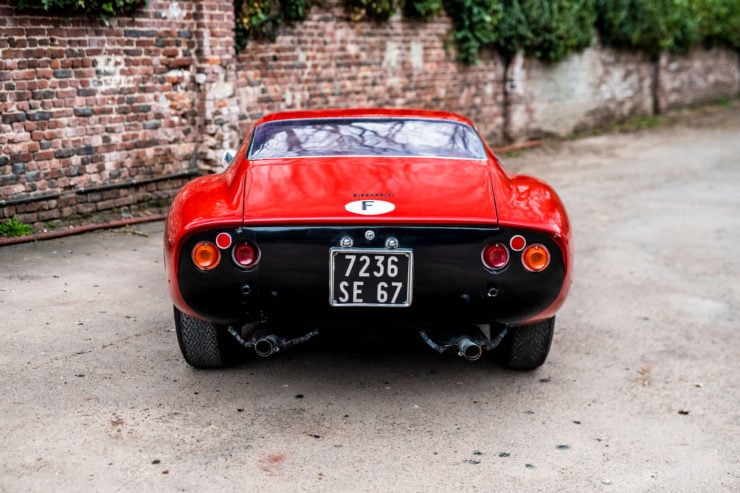

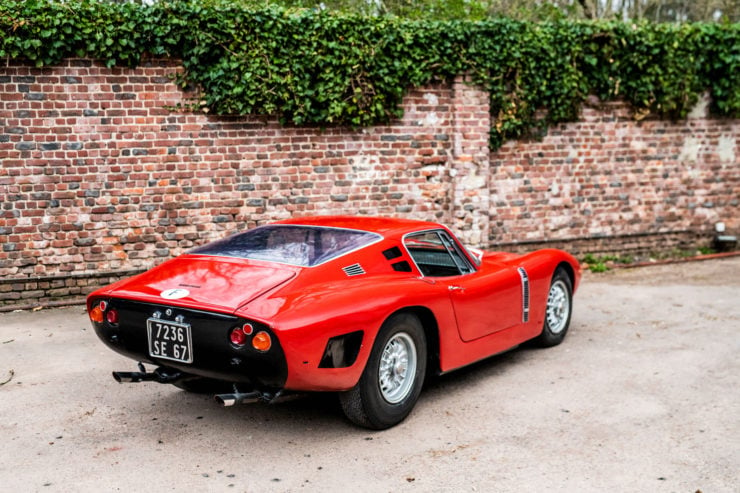
Images courtesy of RM Sotheby’s
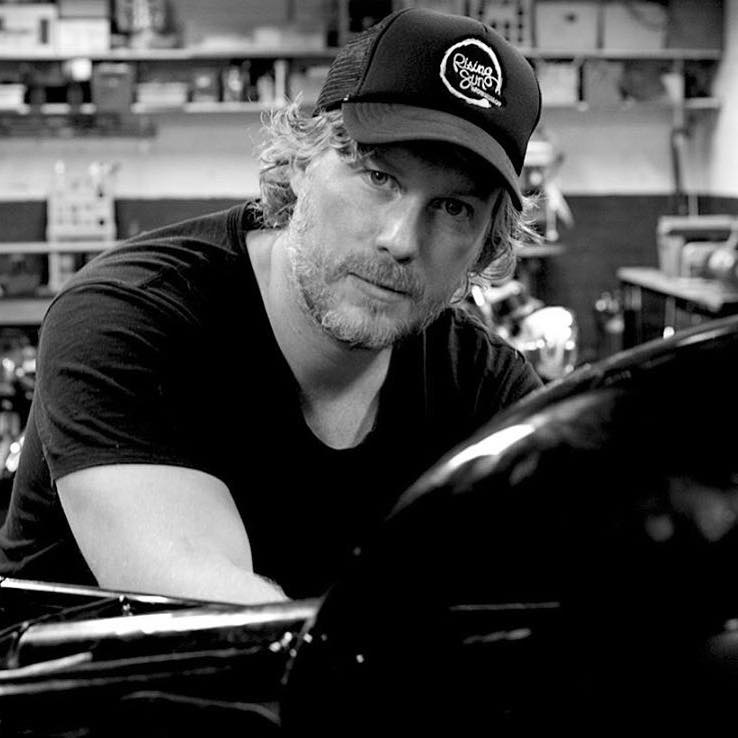
Ben has had his work featured on CNN, Popular Mechanics, Smithsonian Magazine, Road & Track Magazine, the official Pinterest blog, the official eBay Motors blog, BuzzFeed, and many more.
Silodrome was founded by Ben back in 2010, in the years since the site has grown to become a world leader in the alternative and vintage motoring sector, with millions of readers around the world and many hundreds of thousands of followers on social media.
